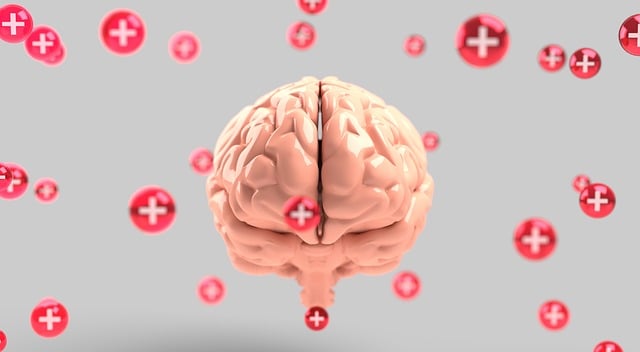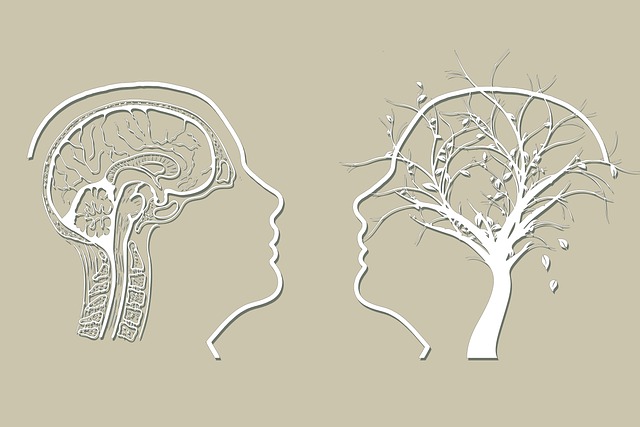Depression in Arvada blended families presents unique challenges but significant improvements are achievable through tailored interventions. Specialized therapy services, emphasizing Mind Over Matter and Trauma Support principles, empower family members to manage stress and overcome past traumas contributing to depression. Community outreach programs foster support networks and a sense of belonging. Creating a supportive home environment, with practices like conflict resolution and emotional intelligence, promotes open communication and healthy coping mechanisms. Personalized therapy approaches, such as Cognitive Behavioral Therapy (CBT) and Social Skills Training, consider unique family dynamics and mitigate risks associated with social isolation or strained relationships. Regular mental health check-ins create a supportive environment where every member feels valued and heard, promoting lasting well-being for Arvada blended families therapy.
Depression prevention is a vital topic, especially within the unique dynamics of blended families in Arvada. This article explores strategies to combat and prevent depression in this specific context. By understanding the impact of depression on blended families, creating supportive home environments, and employing effective therapy techniques, we aim to empower parents and caregivers.
Arvada Blended Families Therapy offers valuable insights into navigating mental health challenges, ensuring a brighter future for these households.
- Understanding Depression and its Impact on Blended Families
- Creating a Supportive Environment at Home
- Effective Therapy Techniques for Depression Prevention in Arvada Blended Families
Understanding Depression and its Impact on Blended Families

Depression is a complex mental health condition that can significantly impact individuals and their families, especially within blended family structures in Arvada. Blended families, often formed through divorce, remarriage, or adoption, may face unique challenges when it comes to emotional well-being. Understanding depression’s root causes and its effects on these families is paramount in developing effective prevention strategies.
In the context of Arvada blended families, accessing tailored therapy services can be transformative. Mind Over Matter principles offer valuable tools to manage stress, cultivate resilience, and promote positive coping mechanisms. Trauma Support Services are also crucial, as many blended family members may have experienced past traumas that contribute to depression. Community Outreach Program Implementations can foster a sense of belonging and provide additional resources, ensuring that families feel supported and equipped to navigate mental health challenges together.
Creating a Supportive Environment at Home

Creating a supportive environment at home is a crucial strategy in preventing depression and promoting mental well-being, especially for individuals navigating complex family dynamics like those in Arvada blended families therapy. A calm and nurturing space can serve as a safe haven, offering respite from stressors that contribute to burnout prevention. Incorporating practices such as conflict resolution techniques and fostering emotional intelligence within the household creates an atmosphere of understanding and empathy.
By encouraging open communication, active listening, and empathy, parents and guardians can help children and adolescents develop healthy coping mechanisms. This environment also allows for the recognition and validation of emotions, reducing feelings of isolation. Moreover, structured routines and consistent boundaries provide a sense of stability, which is instrumental in managing depression and promoting resilience against its onset.
Effective Therapy Techniques for Depression Prevention in Arvada Blended Families

In Arvada blended families, addressing depression requires tailored approaches that account for unique family dynamics. Effective therapy techniques play a pivotal role in prevention strategies. Cognitive Behavioral Therapy (CBT), for instance, equips family members with tools to identify and challenge negative thought patterns, fostering healthier communication and reducing conflict. This evidence-based method is particularly beneficial for blended families navigating new relationships and potential sources of stress.
Additionally, Social Skills Training enhances interaction dynamics by teaching assertiveness, empathy, and conflict resolution techniques. By promoting open dialogue and understanding, this training mitigates the risk of depression stemming from social isolation or strained relationships. Coupled with regular check-ins on mental health awareness, these therapeutic interventions create a supportive environment where every member of the Arvada blended family feels valued and heard, laying the groundwork for lasting well-being.
In addressing depression prevention strategies for Arvada blended families, understanding the unique dynamics and providing a supportive home environment are foundational. Complementing these efforts, effective therapy techniques tailored to these families can significantly mitigate risks and promote mental well-being. By integrating evidence-based practices, therapists can help each member of an Arvada blended family navigate their emotions, strengthen relationships, and cultivate resilience, fostering a healthier and happier household.














